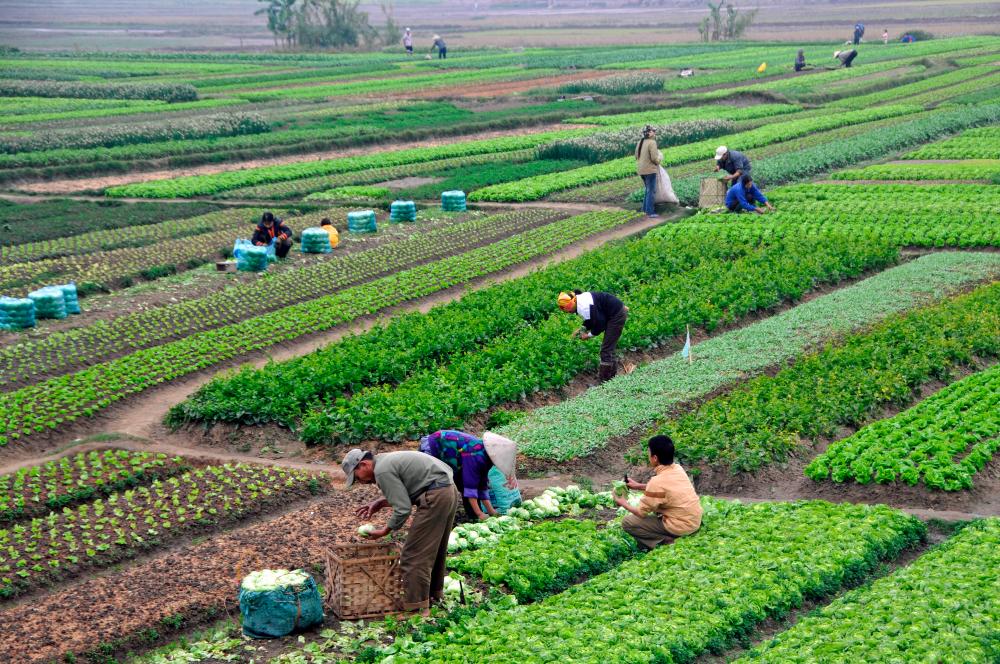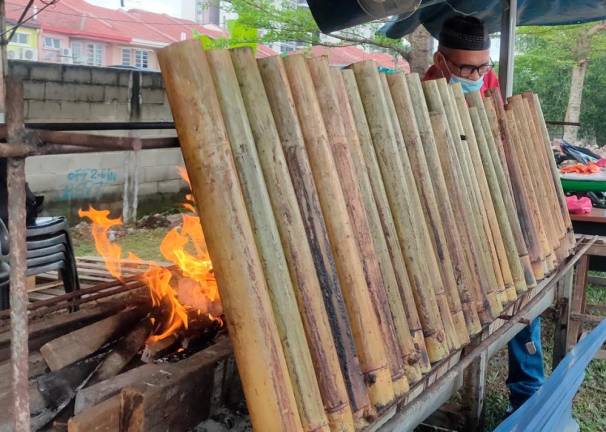PETALING JAYA: A reversal of the rural-urban migration as a result of job losses can be beneficial for Malaysia.
Returning village dwellers can even use the knowledge they have picked up during their stay in the city to add value to their contributions back home, according to an economist.
Prof Dr Barjoyai Bardai noted that with the economic fallout as a result of the Covid-19 pandemic, more than three million Malaysians could be out of a job soon.
The Social Security Organisation, in its latest quarterly EIS (Employment Insurance Scheme) report, estimated that the unemployment rate in 2020 is expected to touch 4%, the highest in more than 20 years.
During the 1997 Asian financial crisis, the unemployment rate hit 3.2% and during the 2018 recession, it rose to 3.7%.
Barjoyai said those who had initially left their villages for cities like Kuala Lumpur will be especially vulnerable if they lose their jobs.
“They will not be able to pay rent and spend on other necessities such as their children’s education,” he told theSun yesterday.
On the other hand, he said they would have picked up at least basic knowledge about city living and this would make them more savvy with social media and basic marketing.
“These skills can help them market their farm produce back in the village.
“They can start selling online, either through social media or e-shopping platforms,” he added.
On the plus side, he said it does not cost any money to market a product online.
“All you need to do is learn how to post a picture and some information of it online,” he said.
“You will basically be marketing the product from the comfort of your home.”
Barjoyai said the nation would also benefit from this reverse migration.
“When more people move back to their villages and start farming, it will bring us a step closer towards our vision of being a food-secure nation,” he said.
“We will be producing more rice, palm oil and wheat products, all of which will contribute towards our efforts to become more self-sufficient.”
Barjoyai expects about 30% of those who are likely to lose their jobs to return to the rural areas and the ratio will rise to 50% over the next two years.
While many see the merit of people returning to the agriculture sector, the Malaysian Employers Federation (MEF) believes that Malaysians are no longer suited for farm work.
Jobs in the plantation and construction industries are still mostly taken up by foreigners because of a lack of interest from locals.
MEF executive director Datuk Shamsuddin Bardan told theSun that a better approach is to retrain and upskill Malaysian workers to help them retain their current jobs or find new ones.
Shamsuddin said steps could also be taken to make certain jobs “more attractive” to locals.
“Malaysians tend to look down on the ‘low-end’ jobs,” he said, adding that they tend to shy away from positions like security guards.
“But if we can add more responsibilities that require additional skills such as first aid and emergency response, perhaps more locals will see the job in better light,” he said.
With the additional skills, he said, a security guard could also demand a higher salary.
Read this story on our iPaper:













